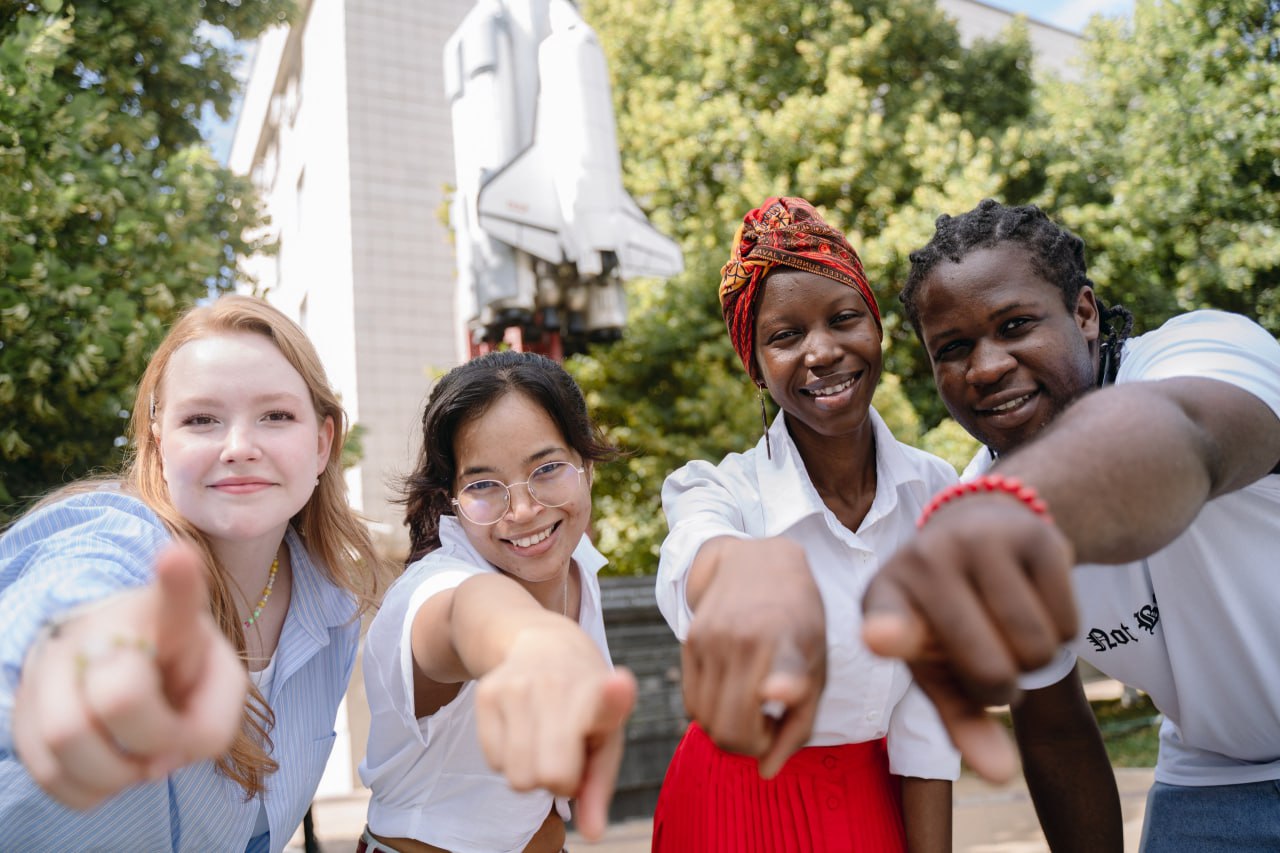The Association of Rating Compilers (ARC) has prepared the first pilot version of the rating of universities in the BRICS countries. The study is based on the family of ratings "Three University Missions" developed by the Russian Union of Rectors.
The list of the best universities in the BRICS countries includes 600 educational institutions from 10 countries – Brazil, Egypt, India, Iran, China, the United Arab Emirates, Russia, Saudi Arabia, Ethiopia and South Africa.

Peking University (China) took the first place, Lomonosov Moscow State University took the second place, Tsinghua University (China) took the third position.
The largest number of participants in the ranking – 207 universities – are located in China. The second state in terms of the number of participants in the study is Russia (161 universities), the third place is India with 93 universities.
Samara National Research University was ranked 176-200 by experts. Two more universities from the Samara region are also included in the study – Samara State Medical University (251-300 position) and Samara State Technical University (401-450 place).
"The rating is based on the model of the international rating "Three University Missions", taking into account the national characteristics typical for the BRICS members. The coefficients of the indicators in the methodology were calibrated. For example, student victories at international Olympiads are now more appreciated, and the university budget has become less important. And for the first time, we introduced a criterion that takes into account the number of scientific papers in cooperation with foreign colleagues from the BRICS countries," said Dmitry Grishankov, CEO of the Association of Rating Compilers.
For reference:
The idea of rating universities in the BRICS countries was proposed in 2023 by representatives of South Africa, and in the same year it was enshrined in the declaration following the meeting of Ministers of Education of the BRICS countries. On June 11, 2024, at a meeting in Kazan, the BRICS education ministers confirmed their intention to support the project and decided to hold regular seminars to discuss academic leadership with representatives of ministries and professional communities of the BRICS countries.
